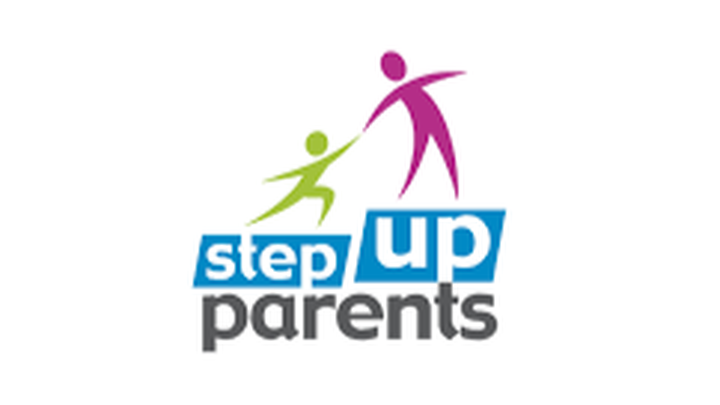
Go fund me bio
Step Up Parents provides financial assistance and support to grandparents and other relative caregivers who have stepped up to raise the children of parents struggling with substance use disorder. We have been assisting New Hampshire kinship families since 2019 and are proud to announce our recent expansion into York County, ME. We are dedicated to supporting and honoring the efforts of these caregivers, to preserving their dignity and stability, and to responding to their families’ immediate needs. We destigmatize substance misuse and provide a safe forum in which caregivers can ask for help.
Parental addiction is the number one factor for kinship families. Although addiction is called a ‘family disease’, the impact on children and their caregivers is often overlooked or not prioritized. At Step Up Parents, we understand the collateral damage of parental substance misuse and provide strategic, no-strings-attached, financial support to kinship families. Our mission is built on the core belief that “Even heroes need a hand.”
Step Up Parents is uniquely positioned in that there is no other organization doing what we are doing in New Hampshire or Maine. We have identified an underserved population - kinship caregivers – and developed a service model to directly address their financial needs.
Since our inception in 2019, Step Up Parents has successfully addressed the immediate financial needs of New Hampshire’s kinship caregivers, helping over 400 families, distributing over $225,000, and impacting more than 700 children. We are excited to now include York County, ME in our service area. Like New Hampshire, Maine was also devastated by the opioid crisis, and their kinship population also continues to grow. Unfortunately, there are even fewer resources available in the state of Maine than New Hampshire. Our record with respect to achieving our mission is strong, and we have been able to successfully process and fund every request for caregiver assistance that meets our criteria. Our mission addresses the basic needs of children in kinship care, including food, clothing, shelter, therapeutic support services, technology upgrades for remote learning and special educational needs, childcare, reliable transportation, and more. We prioritize meeting the unique needs of individual families, recognizing that the collateral impact of parental substance misuse is multi-faceted.
For most kinship caregivers, the cost of raising the children unexpectedly in their care is an immediate and critical threat to family stability. Most of the families we help are low income. Many kinship children have suffered from neglect and arrive in their new home traumatized, suffering from serious medical issues, and exhibiting challenging behaviors. Because many kinship families "fly under the radar" with informal arrangements, they are often ineligible for the traditional social and financial supports that are available to caregivers within the formal foster care system. We serve as a resource and conduit to fill gaps in kinship caregiver budgets. We are small, private and able to offer assistance quickly, recognizing that time is most often of the essence for kinship families. Typically, we respond to an application within 24 hours and make a funding decision and distribution within 48 hours. We do not give money directly to families but rather pay vendors and service providers directly or supply a gift card for requested items. Many kinship caregivers take on a life-time commitment to the children in their care, and they reapply for aid each year. We are happy to be a reliable resource for them.
Addiction is called a “family disease”, but the impact on children and their caregivers is often overlooked or not prioritized. According to the National Institutes of Health, at least eight million children under the 18 live in a household with at least one adult who struggles with addiction. The majority of this population is under the age of five. Sherrie Westin, President of Social Impact and Philanthropy at the Sesame Workshop, reported that “Having a parent battling addiction can be one of the most isolating and stressful situations young children and their families face.” Parental addiction is the number one correlating factor for kinship families and New Hampshire and Maine have both been particularly hard hit by the opioid crisis.




